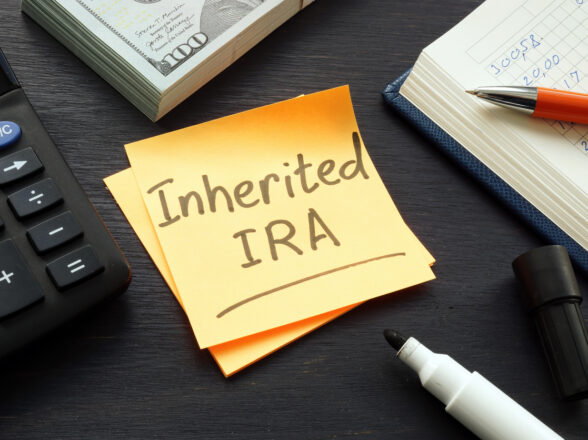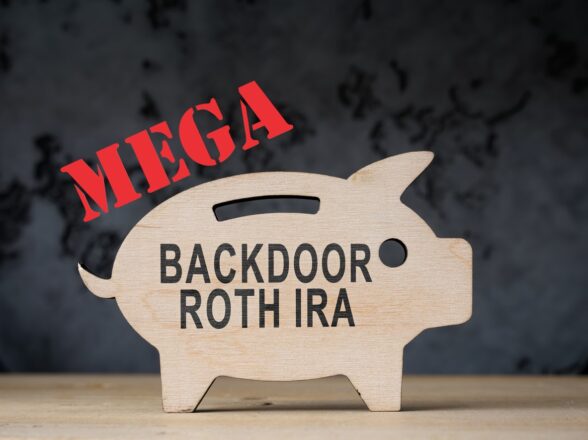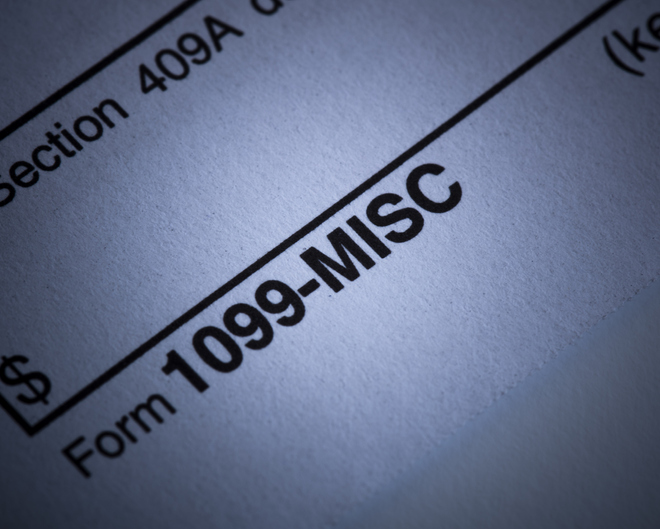Blog
Is it Time to Do a Roth IRA Conversion?

One of the most frequently asked questions we get here at Infinium is, “Should I do a Roth Conversion?” Today, it’s easier than ever to educate yourself and try to optimize your outcomes, so many investors rightfully ask this question. The short answer I typically give is,” Tell me your tax rate in 10-20 years, and I’ll be able to give you a definitive answer!” The hard part about trying to decide whether or not to do a conversion is this very dilemma; we don’t have confidence in tax rates for next year, let alone decades into the future.
Please keep in mind this article is for informational purposes only, and you should always ask a tax professional before making any moves.
What Makes a Roth IRA So Appealing?
One of the main drivers to why an investor does a Roth IRA conversion is that they want to minimize their tax bill. If income tax rates are higher in the future than they are today, quite possibly a conversion makes sense. Again, the idea of higher taxes in the future is by no means a sure thing.
If you are 59½ and have had your Roth IRA open for at least five calendar years, withdrawals of the earnings from your Roth IRA are exempt from federal income taxes. In addition, once five calendar years have passed, you can withdraw your Roth IRA contributions tax-free and penalty-free.
Under current I.R.S. rules, if you are the original owner of a Roth IRA, you never have to make mandatory withdrawals from your account. And you can make contributions to a Roth IRA as long as you continue to have earned income. By way of reminder, earned income typically comes from employment, not passive income that you might receive via a rental property, for example.
Currently, if your federal tax filing status is married filing jointly and your adjusted gross income (AGI) is $204,000 or less, you can contribute a maximum of $6,000 to your Roth IRA, $7,000 if you’re age 50 or older. The maximum contribution is also available to single filers with an AGI of $129,000 or less. Depending on how high your AGI is, the amount you are able to contribute may change.
Why not go Roth?
There are many reasons, but here are two main ones to consider: 1) the tax bill you will need to pay, and 2) time may not be on your side.
A Roth IRA conversion cannot be undone. The I.R.S. regards it as a payout from a traditional IRA prior to that money entering a Roth IRA, and the payout represents taxable income. That taxable income stemming from the conversion could have tax consequences in the year when the conversion occurs.
Often times when we do a Roth conversion analysis, the earlier in life an investor converts a regular IRA to a Roth, the better. Your income may rise as you get older; you could finish your career in a higher tax bracket than you were in when you were first employed. Those conditions relate to a key argument for going Roth which goes something like this: it is better to pay taxes on IRA contributions today than on IRA withdrawals tomorrow. Again, every person’s situation is different and a Roth conversion should only be considered in light of your entire tax picture.
On the other hand, since many retirees have lower income levels than their end salaries, they may retire at a lower tax rate. That is a key argument against Roth conversion.
Hedge Your Bets
As no one can reliably predict the future of American taxation, some people contribute to both Roth and traditional IRAs – figuring that they can be at least “half right” regardless of whether taxes increase or decrease.
Heirs May Receive Tax-Free Distributions
Lastly, Roth IRAs can prove to be very useful estate management tools. If I.R.S. rules are followed, Roth IRA heirs may end up with a tax-free inheritance from the account. In contrast, distributions of inherited assets from a traditional IRA are taxed.
Under the 2019 SECURE Act, most non-spouse beneficiaries of a Roth IRA are required to have the funds distributed to them by the end of the tenth calendar year following the year of the original owner’s death. However, Congress is currently debating this very formula and the rules around distributions. What is law today could very well be cemented in the history books tomorrow, so as always when it comes to your investments, proceed with caution only after you have a full picture of what a Roth conversion would mean to you.

















































































































